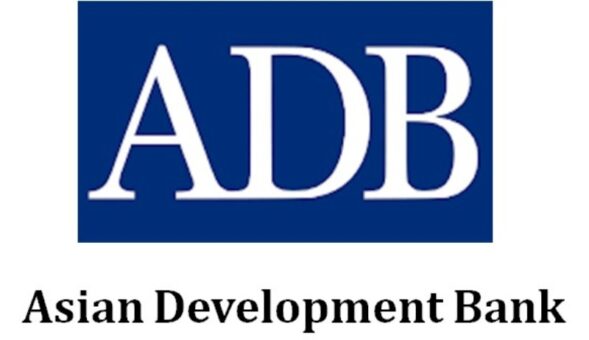Karachi, April 11, 2024 – A recent report by the Asian Development Bank (ADB) has highlighted a stark reality: three out of every five women in Pakistan are excluded from the banking system, representing one of the lowest financial inclusion rates for women globally.
Despite overall improvements in financial inclusion in Pakistan, the gender gap in account ownership has more than doubled over the past decade, reaching 32% in 2021. Without immediate action, the World Data Lab estimates this gap will widen to over 42% by 2030. In a World Bank survey of 135 economies, Pakistan ranked fourth lowest overall and third lowest in Asia for female financial inclusion.
The report outlines several barriers that Pakistani women face when attempting to access financial services. Low female labor force participation means many women lack a steady income and rely on male family members for financial support. Social and religious norms also contribute, with women often seen as homemakers rather than breadwinners. Additionally, the lack of formal income and documentation makes it challenging for women to open and maintain standard bank accounts, as they are often considered high risk by financial institutions.
Moreover, low literacy levels and insufficient financial education further hinder women’s ability to utilize formal banking channels and make them more susceptible to fraud. Rural women face even greater challenges due to limited access to banks, exacerbated by long distances and commute times.
To address these issues, the report emphasizes the need for legal and regulatory changes to support gender-inclusive finance and ease liquidity constraints in the sector. The ADB commends initiatives such as the Banking on Equality Policy by the central bank and regulatory efforts by the Securities and Exchange Commission of Pakistan to refine the regulatory framework for nonbank finance companies, including microfinance institutions targeting women.
Regulators are urged to continue providing an enabling environment for gender-inclusive finance, influencing financial service providers to prioritize gender inclusion and widen access to digital financial services. This includes promoting gender diversity at access points, robust gender-disaggregated data collection, and target setting.
Commercial banks and fintech enterprises are encouraged to dedicate resources to understand women’s needs better, provide gender-sensitivity training for staff, and design women-centric products and services.
Furthermore, the report suggests expanding gender-inclusive opportunities for smaller enterprises and microfinance, including credit guarantee schemes, export financing facilities, and tax incentives. The growth of a gender bonds market could also channel finance to women-owned businesses, fostering economic empowerment and inclusion.
As Pakistan seeks to address these challenges and promote gender equality in financial access, collaborative efforts between policymakers, regulators, financial institutions, and the private sector will be essential to create a more inclusive and equitable financial ecosystem for women across the country.
